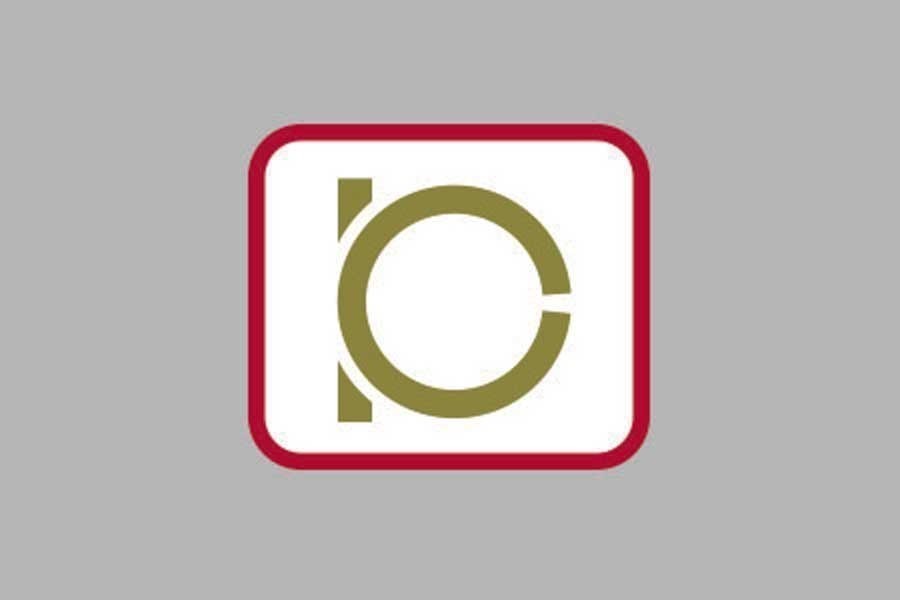Bangladesh petroleum agency weighs dos amid a downturn in international prices of petroleum products for the past several days following OPEC's bearish forecast on global oil demand for next year.
Officials say the state-run Bangladesh Petroleum Corporation (BPC) is now counting lesser marketing losses following the fall in price indices, but yet to decide on the already-hiked domestic prices.
"We've yet to take any decision...now monitoring the situation," says one official.
The price of Brent crude, the benchmark in international oil price, dipped to US$99 per barrel last week, close to the pre-Ukraine- war level, industry-insiders said.
The Organization of the Petroleum Exporting Countries (OPEC) in its first demand estimates for next year last week forecast a slowdown in demand growth from 3.36 million barrels per day (bpd) in 2022 to 2.7 million bpd in 2023.
The loss for BPC in petroleum marketing dwindled subsequently with the downturn in oil prices on the international market, a senior BPC official told the FE Sunday, without mentioning the amount of loss it is currently incurring.
The brent crude went as high as US$ 129 per barrel last month as a fallout from the Russia-Ukraine war that broke out in late February 2022.
Higher global prices prompted the government to implement an austerity measure shutting all shops and shopping malls after 8 pm every day.
The government also prohibited illumination in different social gatherings in community centers, shopping malls, shops, offices and houses to limit the import of expensive petroleum products.
Official sources say BPC's daily loss usually hovers around Tk 150 million per day when the price of Brent crude ranges around US$ 100 per barrel.
Its loss had soared to around Tk 1.0 billion per day when the Brent crude price was hovering around US$ 120 per barrel last month.
Bangladesh last raised the prices of diesel and kerosene by around 23 per cent to Tk 80 per litre from previous Tk 65 when the crude price was around US$ 82 per barrel on November 4, 2021.
After the hike in domestic rates, the prices of petroleum products on the international market, however, had continued to roll down until December 2, 2021, helping the BPC make profit.
Commensurate with the downtrend, the corporation slashed the furnace-oil price by Tk 2.0 per litre or by 3.22 per cent to Tk 60 per litre from previous Tk 62 per litre with effect from December 16, 2021.
The prices of octane and petrol, however, were kept unchanged to their previous April 2016 price levels at Tk 89 per liter and Tk 86 per liter respectively.
The November 2021 oil-price hike had sparked widespread protests, leading to several days of transport strikes, which was called off after hike in transport fares in a tradeoff.
Commoners also protested the price hike and students made home their demand for halving transport fares.
The BPC itself fixes the domestic pricess of a number of petroleum products, which include furnace oil, jet fuel, bunker fuel, marine fuel, most of which have less direct blowback on commoners.
To cope with the overheating oil market, the BPC recently increased domestic prices of all such fuels, and among them, furnace-oil price was raised by 19.35 per cent to Tk 74 per liter on March 25, 2022.
Diesel is the key petroleum product that the BPC imports from the international market most, followed by furnace oil and octane. Among other major petroleum products, BPC also imports octane, jet fuel, furnace oil and marine fuel to meet domestic demand.
The corporation currently imports around 5.0 million tonnes of diesel, 1.30 million tonnes of crude oil, 600,000 tonnes of jet fuel, 300,000 tonnes of octane, 500,000 tonnes of furnace oil and 120,000 tonnes of marine fuel annually.
The BPC alone procures around 85 per cent of the country's oil requirement, with the rest by the private sector.
Furnace oil is mostly used in power plants and most of it is imported by privately-owned power plants.
Private sector imports around 32 million tonnes annually to generate around 5,500 megawatts of electricity.
They get 9.0-percent service charge as incentives to import furnace oil on their own.


